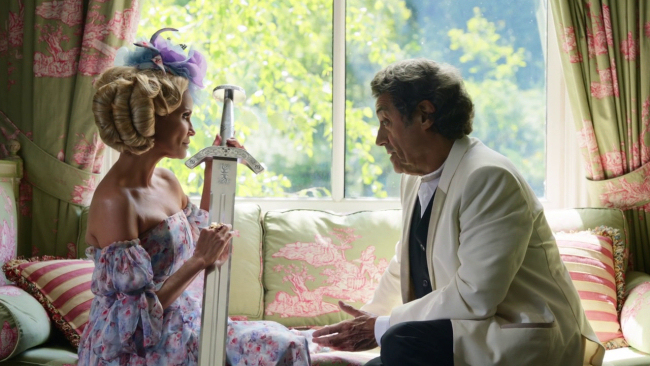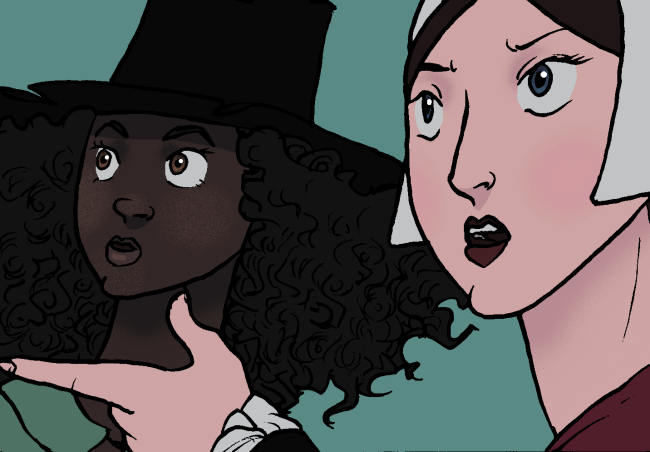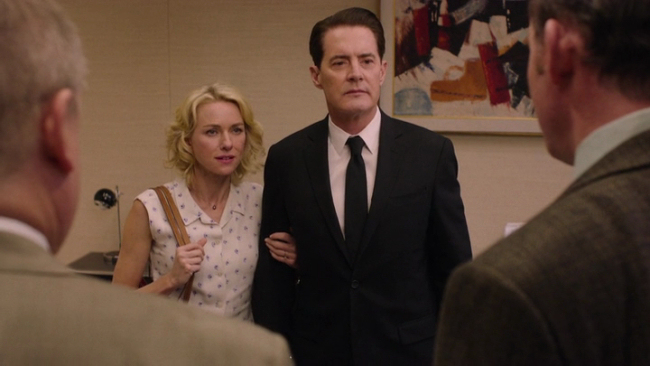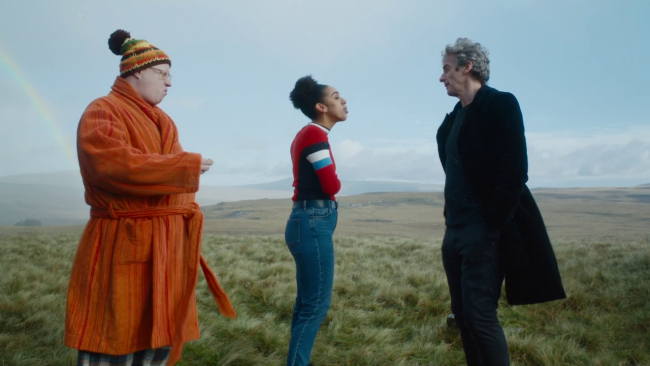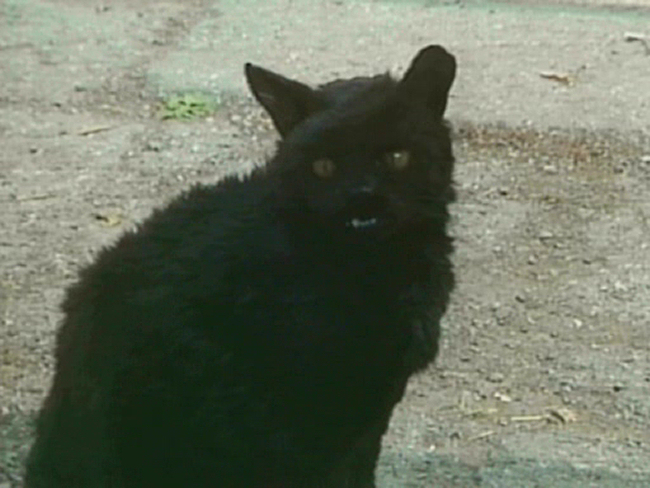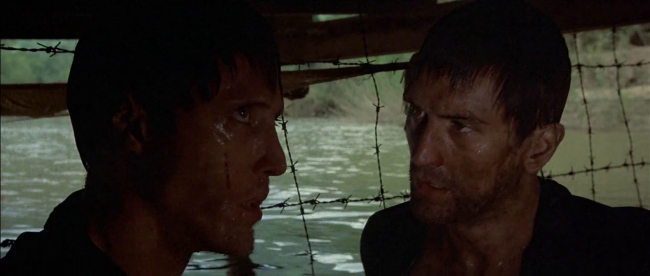
Stories about a personal experience with war can succeed for painstaking authenticity or they can succeed when the context of that experience is used to talk about something else. Michael Cimino uses the Vietnam War to talk about masculinity in his 1978 film The Deer Hunter, a beautifully shot film that shows a few young men whose notions of what gave them a sense of self respect are cruelly subverted by circumstance.

The first hour or so of the three hour film establishes the young men, steelworkers in a tightly knit community, descendants of Russian immigrants who have maintained many traditions from the old country. The Russian Orthodox wedding scenes bring to mind the wedding at the beginning of The Godfather in the way it establishes a culture but the one in The Deer Hunter is even less narratively constrained, feeling almost like random footage.

The groom is Steven (John Savage), one of the three whom the film eventually follows to Vietnam, but the point of view characters become Mike (Robert De Niro) and Nick (Christopher Walken), though point of view is really only solidified towards the end of the deer hunting scenes following the wedding. For most of the first part of the film, a lot of long, wide shots pointedly make the characters feel small, not like movie star individuals but slightly foolish, tiny pieces in a vast fabric. A beautiful shot lingers on the group of guys when they get out to take a piss on their way up into the mountains, their goofing around just small rustlings next to the vast image of nature surrounding them.

The title of the film seems to refer to Mike, De Niro's character, who seems to have a reputation for being the only guy who always manages to kill a deer on their trips up. And he does seem the most capable among them, chiding Stan (John Cazale) for not bringing his own equipment and firmly refusing to lend him his spare boots.

Mike is sort of like Rambo if Rambo were dropped into a more realistic film. In Vietnam, he is the one among the three who's able to keep his shit together. But none of them leave the experience with the fundamental fantasies that they used to lean their psychological well being on. Being identified as "the deer hunter" in a movie where the actual hunting of deer is a relatively small element reflects this, particularly when Mike finds the experience of hunting deer far less satisfying when he comes back. The movie's female characters have little development of their own and exist primarily to define the male characters by contrast. When Mike visits Angela (Rutanya Alda), Steven's wife, his only questions for her are about Steven despite the fact that she's obviously undergone emotional trauma herself. This establishes the greater emotional bond Mike feels with men and the distance he feels from women, further emphasised by his strangely uncommunicative relationship with Linda (Meryl Streep), though he also seems to need her.

She's Nick's fiancée but even before Vietnam she and Mike seemed to be exchanging looks. Her character is given a physically abusive father and maybe this is meant to explain her supportiveness and passivity with emotionally distant men but for the most part her character would not have been especially interesting if not for Meryl Streep's great performance. A lot more time could have been spent on showing how the deer hunter identity is harmful to the women, though we do have a strange moment when Stan hits his girlfriend after another man grabs her posterior. When Mike decides to return to Vietnam, there's not even a scene of him and Linda discussing it or establishing what it means to her.

Crowd scenes in Mike's return to Vietnam are amazingly, effectively shot to show the utter chaos as the U.S. is finally pulling out. The realism of these shots stands in contrast to the fantastical quality of Mike's journey into the hell of a fictional underground Russian Roulette gambling culture. Incredibly, the film was adapted from a screenplay that was originally about gambling addiction to Russian Roulette and Cimeno takes these elements and constructs a wider commentary on the inherent death wish of mythologised hunter and killer masculinity. Mike is disgusted by Stan's playing with a little snubnose when he gets back from the war not simply because Stan is like a kid playing with fire but because Mike can see the end of this road, something that has claimed Nick completely.

So an analysis of this film looking for realism is inappropriate. The flaws are so apparent that it should be obvious--how Mike gets in and out of Saigon when no-one else seems able to, how Nick manages to survive so long, and so forth. This is about people learning there are horrifying implications to the social constructs they've been brought up on and then the journey to whether or not it's possible to escape from them.






